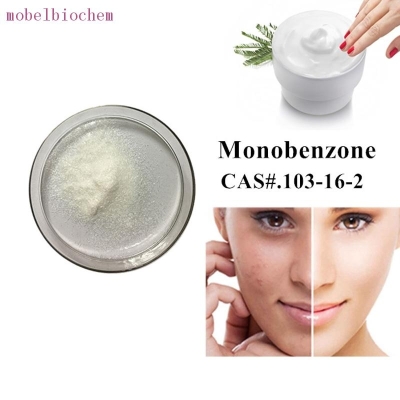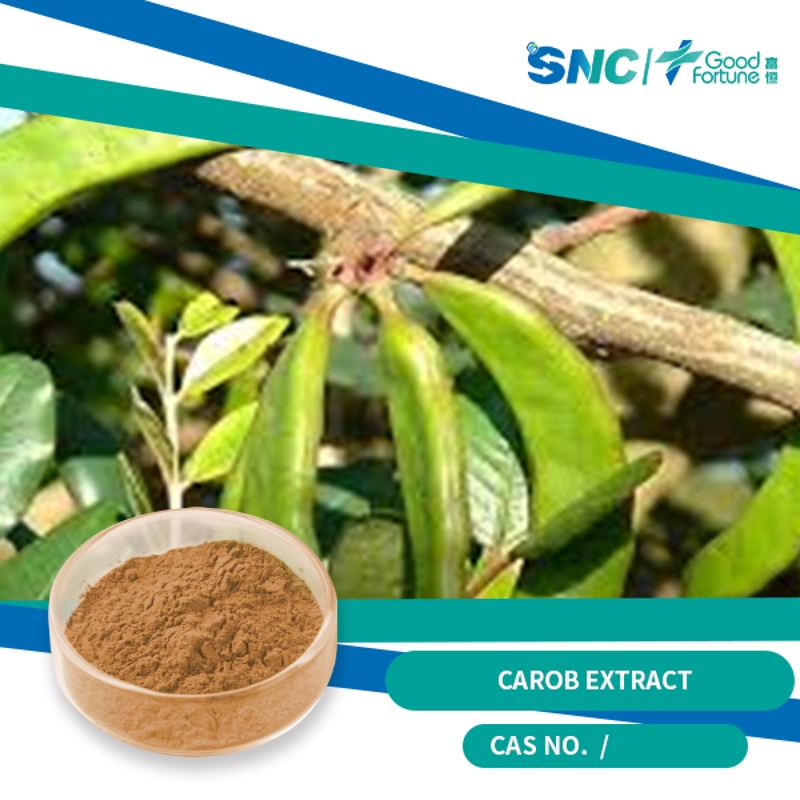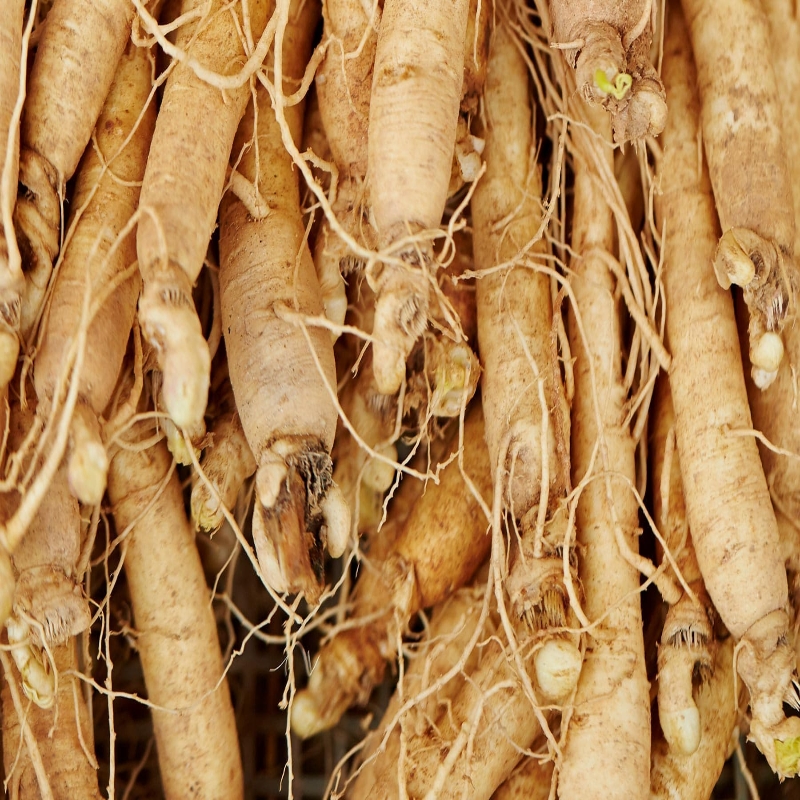Careful use of Chinese herbal grape juice for heart disease patients
-
Last Update: 2010-03-17
-
Source: Internet
-
Author: User
Search more information of high quality chemicals, good prices and reliable suppliers, visit
www.echemi.com
According to the analysis report of tahangir, M.D., published on February 9 in the Journal of American College of Cardiology, there is a potential risk of using some Chinese herbal medicines in patients taking heart disease drugs Tahangir, M.D., from the cardiovascular department of the famous Meiyu hospital in the United States, gave specific examples: (1) Hypericum perforatum: commonly used for the treatment of depression, anxiety, insomnia, etc., but research has proved that hypericum perforatum can reduce the effectiveness of arrhythmia drugs, blood pressure and cholesterol lowering drugs (2) when the heart disease patients with warfarin, a widely prescribed anticoagulant, are combined with Medicago sativa, angelica, Sambucus, fenugreek, garlic, ginger and Ginkgo biloba, they will increase the risk of bleeding Ginseng and green tea have been identified as having the anticoagulant effect of warfarin (3) the banned herbal product ephedra has been proved to be related to stroke, heart attack, epilepsy and arrhythmia death (4) grape juice: it can also be poisoned when the drug is in low dosage by inhibiting the key enzyme in the intestine that decomposes the drug When heart disease patients take cholesterol lowering statins and drink grape juice, the concentration of statins in the blood will be three to four times higher than expected "Many people think that natural is the synonym of safety These natural Chinese herbal medicines have been used for at least several hundred years, but they may not be completely safe in the era of Western medicine, especially for the elderly patients taking heart medicine," Jia Hanji, M.D., of Meiyu hospital, said at a press conference of American College of Cardiology "Heart disease drugs, taken with grape juice, are a common cause of increased drug toxicity," said Dr tahangir Experts remind clinicians and elderly patients taking heart disease drugs that some Chinese herbal medicines may react with heart disease drugs, reducing or increasing the efficacy and toxicity of heart disease drugs.
This article is an English version of an article which is originally in the Chinese language on echemi.com and is provided for information purposes only.
This website makes no representation or warranty of any kind, either expressed or implied, as to the accuracy, completeness ownership or reliability of
the article or any translations thereof. If you have any concerns or complaints relating to the article, please send an email, providing a detailed
description of the concern or complaint, to
service@echemi.com. A staff member will contact you within 5 working days. Once verified, infringing content
will be removed immediately.







